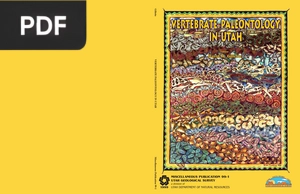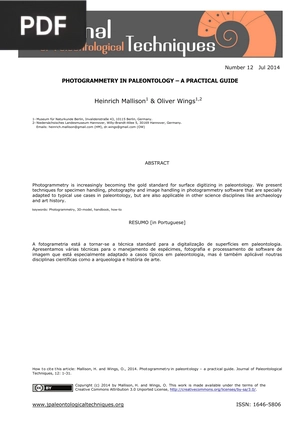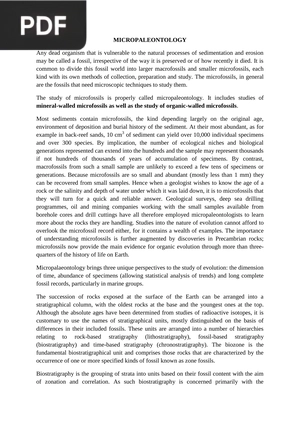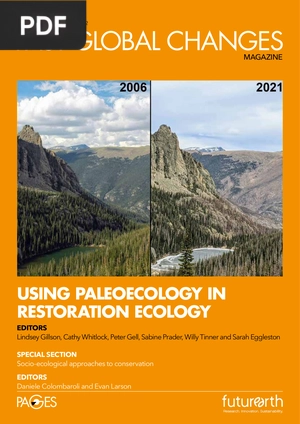Best practices in mitigation paleontology
Author: Paul C. Murphey
*Please wait a few seconds for the document to load; the time may vary depending on your internet connection. If you prefer, you can download the file by clicking the link below.
Loading PDF...
Document Details
Title: Best practices in mitigation paleontology
Author: Paul C. Murphey
Pages: 43
Size: 1.9 MB
Format: PDF




